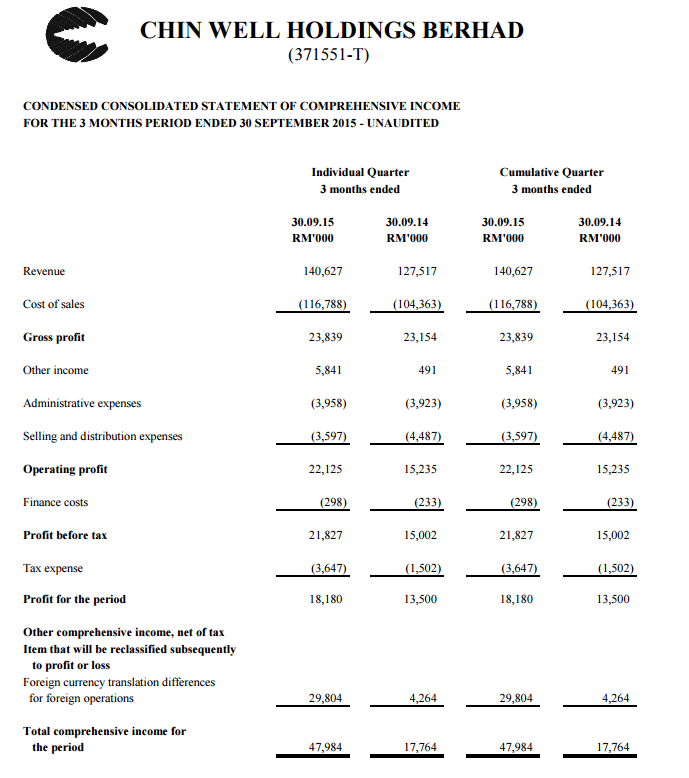Introduction

Image: www.sbsandco.com
In today’s globalized world, international trade and investment are indispensable cogs in the economic machinery. Companies and individuals engage in complex financial transactions that often involve foreign currency exchange. Amidst this flurry of activity, an understanding of the intricate tax treatment of unrealised foreign exchange (forex) gains is crucial to ensure compliance and optimize financial outcomes.
Unrealised forex gains arise when the value of a foreign currency held by a taxpayer increases relative to the domestic currency. These gains are considered unrealised as they have not yet been converted into the domestic currency and realised in the form of a cash flow. Comprehending the tax implications associated with such gains is essential for navigating the complexities of international taxation.
Recognition and Measurement of Unrealised Forex Gains
Unrealised forex gains are typically recognised at the end of each accounting period. The measurement entails comparing the foreign currency’s exchange rate at the reporting date with its exchange rate at the beginning of the period. The difference between the two rates represents the unrealised forex gain or loss.
Tax Treatment of Unrealised Forex Gains
In numerous jurisdictions, unrealised forex gains are generally not subject to income tax. This is because such gains are considered to be paper profits that have not yet been realised into actual cash flows. However, the taxability of unrealised forex gains may vary depending on the specific tax laws of the jurisdiction in question.
In some jurisdictions, unrealised forex gains may be taxed as income if they are considered to have accrued to the taxpayer. For instance, the United Kingdom’s tax authorities view unrealised forex gains as taxable for companies that engage in frequent foreign currency transactions as part of their business operations.
Exception: Hedging Transactions
Hedging transactions involve using financial instruments to offset the risk of foreign currency fluctuations. Unrealised forex gains or losses arising from hedging transactions are typically recognised in the income statement and offset against the hedged item. Consequently, the tax treatment of unrealised forex gains in hedging transactions aligns with the treatment of the hedged item.
Considerations for Individuals and Companies
Individuals and companies involved in foreign currency transactions should be mindful of the tax implications associated with unrealised forex gains. Understanding the specific tax laws applicable in their jurisdictions is crucial to ensure compliance and avoid unexpected tax liabilities. Seeking professional advice from a qualified tax advisor is recommended to navigate the intricacies of international taxation and optimise tax outcomes.
Conclusion
Unrealised forex gains are a common occurrence in the realm of international finance. While the tax treatment of such gains may vary across jurisdictions, it is generally accepted that unrealised gains are not taxable. Nonetheless, individuals and companies should be aware of the specific tax laws applicable to their circumstances to avoid any potential tax liabilities. By staying informed and seeking professional guidance when necessary, taxpayers can navigate the complexities of unrealised forex gain taxation effectively, ensuring compliance and maximising their financial outcomes.

Image: etibavubanako.web.fc2.com
Treatment Of Unrealised Forex Gain Income Tax






